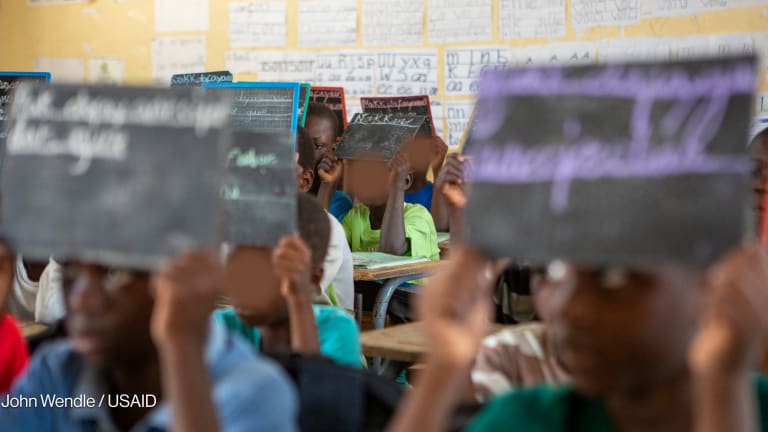Did you know that children who attend preschool have better math skills and are more sociable?
These are just some of the findings of a World Bankstudy on international nongovernmental organization Save the Children’s preschool program in Mozambique. The study, funded by the lending agency and the International Initiative for Impact Evaluation, covered 2,000 households in 76 rural communities in Gaza province.
The preschool program was initially implemented in 12 communities in 2005, and was later scaled up to 30 in 2008. The communities are mainly responsible for managing and sustaining the preschools. One of the organization’s preconditions is that communities provide for the space where a classroom will be built and the materials to be used for its construction. Teachers are paid $10 a month by Save the Children.
The study has found that children who attended the program are 24 percent more likely to enroll in primary school at the right age. Results can be seen even on older children no longer covered by the program. The study shows 10-to-15-year-old children with siblings in the program are 6 percent more likely to have gone to school.
But while the program showed promise, the study said more tests are needed using rigorous evaluations of similar interventions before it is duplicated in other countries and contexts. The study also said that while the program showed improvement in terms of children’s behavioral outcomes, communication and language development was “alarmingly low.”
Read more development aid news online, and subscribe to The Development Newswire to receive top international development headlines from the world’s leading donors, news sources and opinion leaders — emailed to you FREE every business day.








